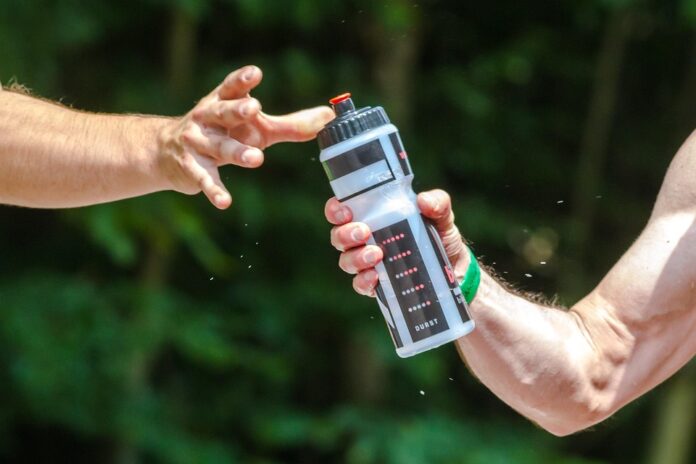Introduction
Sustainability in water sourcing has become a top priority for soda brands due to increasing awareness of environmental issues and the need to protect water resources for future generations. In this report, we will explore why sustainability in water sourcing is crucial for soda brands, the challenges they face, and the initiatives they are taking to address these challenges.
Importance of Sustainability in Water Sourcing for Soda Brands
1. Environmental Impact
Soda brands rely heavily on water for their production processes, from washing bottles to blending ingredients. The extraction and use of water can have a significant impact on local ecosystems, especially in regions where water scarcity is a pressing issue. By implementing sustainable water sourcing practices, soda brands can reduce their environmental footprint and minimize their impact on water resources.
2. Consumer Perception
Consumers are becoming increasingly conscious of the environmental and social impact of the products they consume. Soda brands that prioritize sustainability in water sourcing can enhance their brand reputation and appeal to a growing segment of environmentally conscious consumers. This can lead to increased brand loyalty and market share in the long run.
3. Regulatory Compliance
Regulatory bodies are tightening restrictions on water usage and pollution, making it imperative for soda brands to comply with strict environmental regulations. By adopting sustainable water sourcing practices, soda brands can ensure compliance with regulations and avoid costly fines and reputational damage.
Challenges Faced by Soda Brands
1. Water Scarcity
Water scarcity is a global issue, with many regions facing water stress due to population growth, climate change, and industrial activities. Soda brands operating in water-stressed regions must find innovative ways to reduce water consumption and minimize their impact on local water sources.
2. Supply Chain Complexity
Soda brands source water from multiple suppliers, each with different sustainability practices and standards. Managing a complex supply chain can make it challenging to ensure that all water sourcing practices meet sustainability criteria. Collaborating with suppliers and implementing robust monitoring systems is essential to address this challenge.
3. Cost Considerations
Implementing sustainable water sourcing practices can require significant investments in technology, infrastructure, and employee training. Soda brands must weigh the upfront costs of sustainability initiatives against the long-term benefits, including cost savings, risk mitigation, and brand enhancement.
Initiatives Taken by Soda Brands
1. Water Recycling and Reuse
Many soda brands are investing in water recycling and reuse technologies to minimize their water footprint. By treating and reusing wastewater from production processes, soda brands can reduce their reliance on freshwater sources and minimize their environmental impact.
2. Community Engagement
Soda brands are engaging with local communities to promote water conservation and stewardship. By partnering with local organizations, implementing water-saving initiatives, and supporting watershed restoration projects, soda brands can build positive relationships with communities and demonstrate their commitment to sustainability.
3. Transparency and Reporting
Soda brands are increasingly transparent about their water sourcing practices and sustainability initiatives. By publishing annual sustainability reports, disclosing water usage data, and engaging with stakeholders, soda brands can build trust with consumers, investors, and regulators.
Conclusion
In conclusion, sustainability in water sourcing is a top priority for soda brands due to its environmental, social, and regulatory implications. By addressing water scarcity, supply chain complexity, and cost considerations, soda brands can enhance their brand reputation, minimize their environmental impact, and ensure long-term business success. Through initiatives such as water recycling, community engagement, and transparency, soda brands can demonstrate their commitment to sustainability and lead the way towards a more sustainable future.




